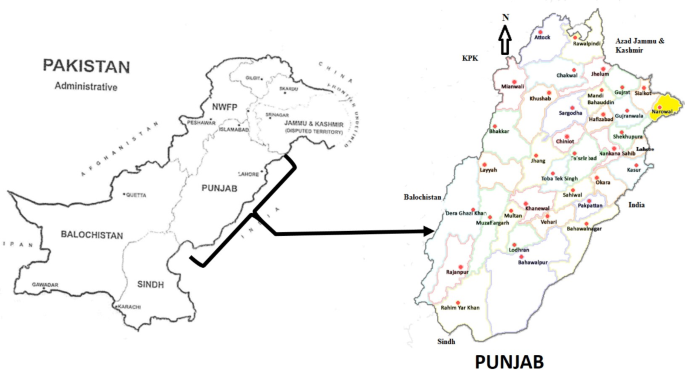Slaughterhouse waste is a significant contributor to environmental pollution, but a recent study has found an innovative solution – converting this waste into high-quality compost. The researchers investigated the effectiveness of a customized biological decomposer solution in reducing parasites and coliform bacteria in slaughterhouse sludge, making it suitable for use as an organic fertilizer. By carefully monitoring parameters like pH, temperature, and humidity, the team was able to achieve significant reductions in parasitic eggs and coliform bacteria, promoting both agricultural and environmental sustainability. This research bridges the gap between waste management and sustainable farming, offering a promising approach to tackle the global challenge of food production and waste disposal. Composting and organic fertilizers are key components in this innovative solution.

A Promising Solution: Composting Slaughterhouse Sludge
Researchers from Pakistan have found an innovative solution to this problem – converting slaughterhouse sludge into nutrient-rich compost. The team investigated the effectiveness of a customized biological decomposer solution in reducing the presence of parasites and coliform bacteria in the sludge, making it suitable for use as an organic fertilizer.
Optimizing the Composting Process
The researchers set up three composting units, each treated with different amounts of the biological decomposer solution. Over a 60-day period, they closely monitored various parameters, including pH, temperature, humidity, the number of parasitic eggs per gram (EPG) of fecal material, egg viability, and coliform counts.

Fig. 2
The results were promising:
– pH levels increased significantly by the 5th day of composting, and then gradually decreased to a neutral range by the end of the experiment.
– All three units entered the thermophilic range (above 45°C) within the first 5 days, with Unit 3 maintaining this high temperature for the longest period.
– Humidity levels initially increased but then steadily declined over time.
– Significant reductions in EPG were observed in all three units, with Unit 3 showing the most substantial decrease.
– Egg viability also decreased significantly, with Unit 3 experiencing the sharpest drop.
– Total and fecal coliform bacteria counts were significantly reduced, meeting regulatory limits in Units 2 and 3 within 10-15 days.
Promoting Sustainable Agriculture and Environmental Protection
The findings of this study highlight the potential of composting to effectively eliminate parasites and coliform bacteria from slaughterhouse sludge, transforming it into a high-quality, eco-friendly fertilizer. By utilizing this nutrient-rich compost in agricultural practices, the researchers aim to contribute to both sustainable farming and environmental protection.
The key benefits of this approach include:
– Reducing the environmental impact of slaughterhouse waste by diverting it from landfills or improper disposal
– Producing a safe, pathogen-free organic fertilizer to improve soil health and crop yields
– Promoting a circular economy by recycling waste into a valuable resource
Unlocking the Potential of Waste Management
This research demonstrates the importance of exploring innovative waste management solutions to address global challenges related to food production, environmental sustainability, and public health. By harnessing the power of composting, the researchers have found a way to turn a waste problem into an agricultural opportunity, showcasing the potential of sustainable waste management practices.
As the world faces growing concerns over food security and environmental degradation, this study offers a promising model for the effective management of slaughterhouse waste, ultimately contributing to the enhancement of agricultural sustainability and environmental protection.
Author credit: This article is based on research by Hafiz Muhammad Rizwan, Muhammad Naveed, Muhammad Sohail Sajid, Nadia Nazish, Muhammad Younus, Mohsin Raza, Mahvish Maqbool, Muhammad Hamza Khalil, Dalia Fouad, Farid Shokry Ataya.
For More Related Articles Click Here
